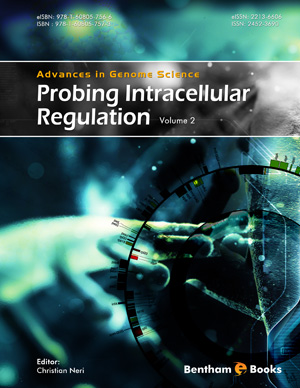Abstract
Increasing evidence supports a role for epigenetic modifications in AD pathogenesis. Folate metabolism, also known as one-carbon metabolism, is required for the production of S-adenosylmethionine (SAM), which is the major DNA methylating agent. AD individuals are characterized by decreased serum folate values, as well as increased plasma homocysteine (Hcy) levels, and there is indication of impaired DNA methylation potential (SAM/SAH levels) in AD tissues. Some polymorphisms of genes participating in one-carbon metabolism have been associated with AD risk and/or with folate, Hcy or vitamin B12 levels in AD individuals. However, it is not yet clear wheter impairments in one-carbon metabolism are causative of AD or rather a consequence of the disease. Studies in rodents and in neuroblastoma cell cultures have shown that dietary restrictions of folate and other B vitamins result in epigenetic modifications of AD related genes as well as altered production of enzymes involved in DNA methylation, and that SAM treatment is able to restore both methylation and expression levels of those genes. Exposure to lead (Pb) resulted in epigenetic modification of AD related genes in rodents, monkeys and cell cultures. Moreover the amyloid-beta peptide itself possesses epigenetic properties. A few studies have been performed in human postmortem specimens, suggesting that some genes might be epigenetically modified within the disease pathogenesis. This chapter focuses on the current knowledge on DNA methylation in AD tissues, cell cultures and animal models.






















